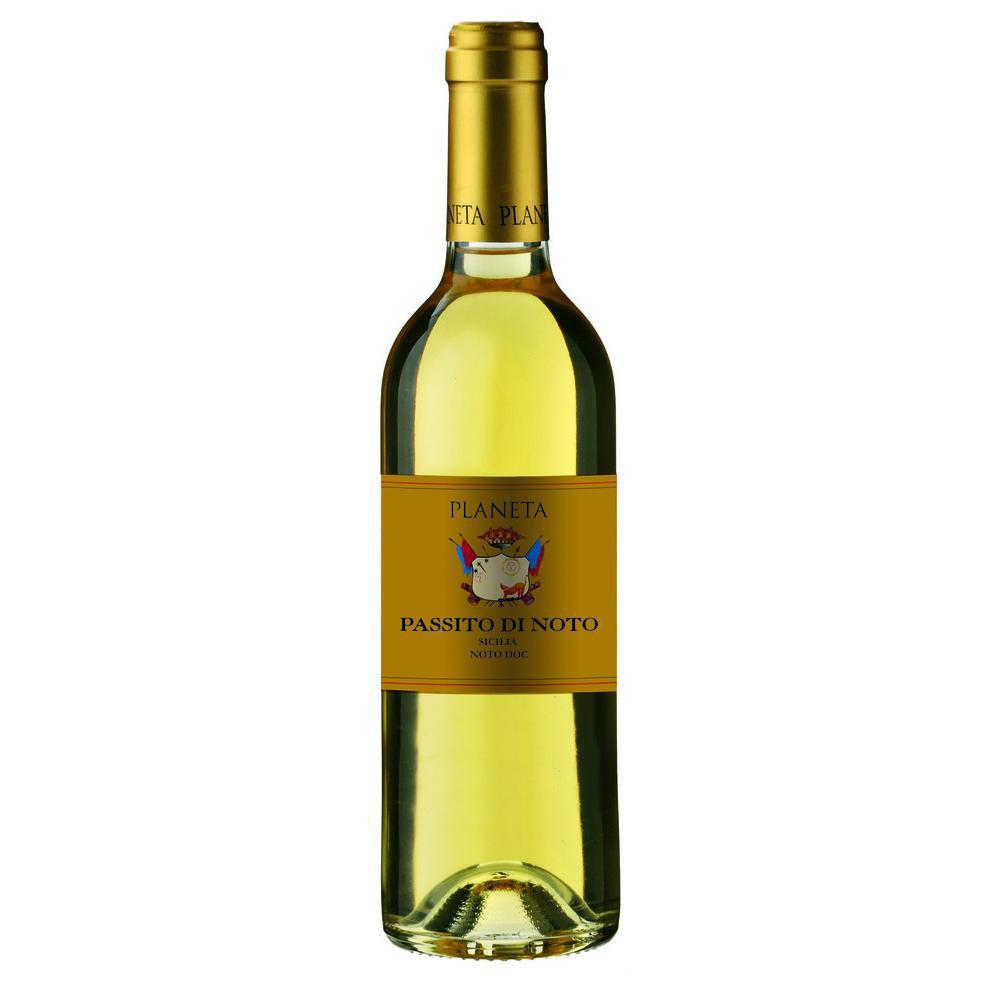Sicily is the land of sweet wines in all its quarters, with different styles and varieties. In the opinion of many people Moscato – or perhaps the ‘moscati’ – is the original grape, for others the Biblino from Syracuse, the first wine described in Sicily, was the father of the present Moscato Passito di Noto. This is an antique wine which has become modern, thanks to a new system of drying. Explosive aromas of exotic fruit, jasmine and citrus fruit are complex while at the same time much enjoyed; the ideal companion for the great Sicilian tradition of sweets and ices.
Serve Passito di Noto with a cheese platter featuring aged cheeses like Parmigiano-Reggiano, Pecorino Romano, or Gorgonzola.
Soft cheeses like Brie or Camembert also pair well with this sweet wine.
The richness of foie gras complements the sweetness and acidity of Passito di Noto, making it an excellent pairing choice.


